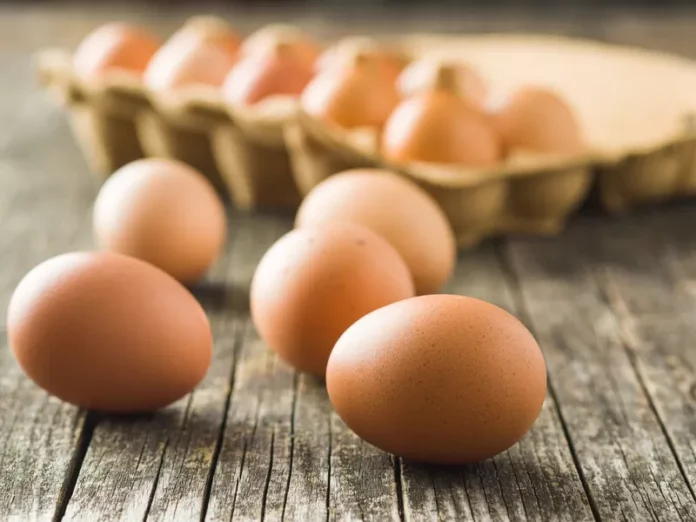The European Union has recently announced that it will be reinstating tariffs on eggs and sugar imported from Ukraine due to quota overruns. This decision was made by the Directorate-General for Agriculture and Rural Development of the European Commission on July 1st.
The European Commission explained that the tariffs are being reinstated as a means to protect European farmers and ensure fair competition in the market. The decision was made after it was discovered that Ukrainian imports of eggs and sugar had exceeded the established quotas, which were agreed upon in the Deep and Comprehensive Free Trade Agreement (DCFTA) between the EU and Ukraine.
The DCFTA, which came into effect in 2016, eliminated tariffs on most goods traded between the EU and Ukraine, including agricultural products. However, quotas were established to prevent an influx of certain products into the EU market and to protect the interests of European producers. These quotas were agreed upon by both parties and were seen as a fair compromise.
But in recent years, there has been a significant increase in Ukrainian imports of eggs and sugar, well above the established quotas. This has raised concerns among European farmers, who have seen their market share and profits decrease due to the influx of cheaper Ukrainian products. The reinstatement of tariffs is seen as a necessary step to address this issue and ensure a level playing field for European farmers.
The tariffs on eggs and sugar will be set at the most-favored-nation (MFN) rate, which is the standard tariff applied to imports from non-EU countries. This means that Ukrainian exporters will now have to pay a higher tariff to access the EU market, making their products less competitive compared to European products. The tariffs will be enforced until the end of the year, after which the situation will be reassessed.
Some have expressed concerns that the reinstatement of tariffs could harm the relationship between the EU and Ukraine. However, the European Commission has made it clear that this decision is not intended to be punitive, but rather to ensure fair trade and protect the interests of European farmers. The EU remains committed to its partnership with Ukraine and will continue to work towards a mutually beneficial trade relationship.
Ukrainian producers have also been urged to abide by the established quotas and not exceed them in the future. This will not only ensure fair competition, but also maintain the integrity and trust of the DCFTA.
The decision to reinstate tariffs on Ukrainian eggs and sugar has been met with mixed reactions. While European farmers and producers have welcomed the move, Ukrainian exporters have expressed disappointment and concern. However, it is important to remember that the EU and Ukraine have a strong and mutually beneficial trade relationship, and this decision should not be seen as a hindrance, but rather a necessary step to ensure fair trade practices.
In conclusion, the European Union’s decision to reinstate tariffs on eggs and sugar imported from Ukraine is aimed at protecting European farmers and promoting fair competition in the market. This decision is not meant to harm the relationship between the EU and Ukraine, but rather to maintain a level playing field for all parties involved. The EU remains committed to its partnership with Ukraine and will continue to work towards a successful and mutually beneficial trade relationship.

